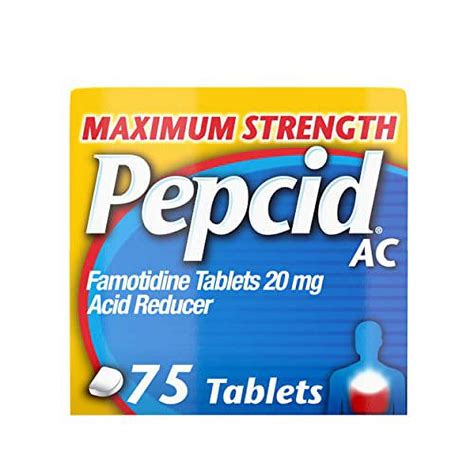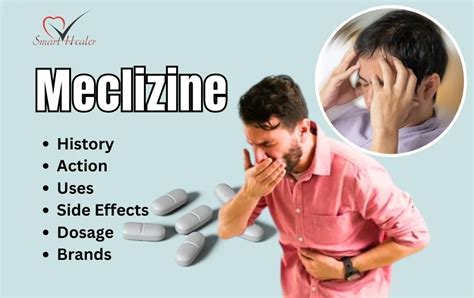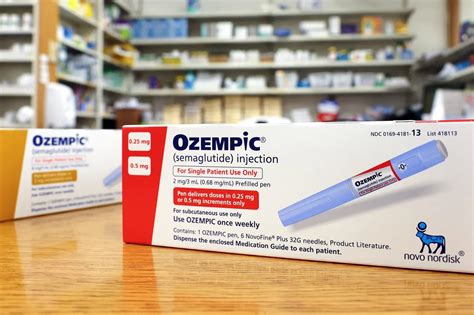12 Covid 19 Medicines For Faster Recovery

The COVID-19 pandemic has brought about a significant shift in the way we approach healthcare, with an unprecedented focus on developing effective treatments and medications to combat the virus. As our understanding of the disease has evolved, so too has the array of medicines available to aid in recovery. This article delves into 12 COVID-19 medicines that have shown promise in facilitating faster recovery from the disease, emphasizing their mechanisms, benefits, and the importance of medical supervision.
Introduction to COVID-19 Treatment
Treating COVID-19 involves a multifaceted approach, incorporating antiviral medications, anti-inflammatory drugs, and therapies aimed at managing symptoms and preventing complications. The primary goal is to reduce the severity of the illness, shorten its duration, and minimize the risk of hospitalization and long-term health consequences. The medications discussed below are part of this broader strategy, selected for their potential to enhance recovery when used appropriately under medical guidance.
1. Remdesivir (Veklury)
- Mechanism: Remdesivir is an antiviral medication that works by inhibiting the replication of the SARS-CoV-2 virus.
- Benefits: It has been shown to reduce the time to recovery in hospitalized patients with COVID-19.
2. Dexamethasone
- Mechanism: A corticosteroid that reduces inflammation and the body’s immune response.
- Benefits: Dexamethasone has been found to significantly reduce mortality in patients with severe or critical COVID-19, particularly those requiring oxygen support or mechanical ventilation.
3. Baricitinib (Olumiant)
- Mechanism: An oral Janus kinase (JAK) inhibitor that reduces inflammation by blocking certain enzymes in the body.
- Benefits: Baricitinib, in combination with remdesivir, has been shown to reduce the time to recovery and the likelihood of death or the need for ventilation in hospitalized patients.
4. Tocilizumab (Actemra)
- Mechanism: An anti-inflammatory drug that blocks the action of interleukin-6 (IL-6), a protein involved in inflammation.
- Benefits: Tocilizumab has been used to reduce inflammation in critically ill COVID-19 patients and may help reduce the need for mechanical ventilation.
5. Sotrovimab
- Mechanism: A monoclonal antibody designed to bind to the SARS-CoV-2 spike protein, preventing the virus from entering host cells.
- Benefits: Sotrovimab has been authorized for emergency use to treat mild-to-moderate COVID-19 in patients who are at high risk for progression to severe disease.
6. Casirivimab and Imdevimab (REGEN-COV)
- Mechanism: A combination of two monoclonal antibodies that target different parts of the SARS-CoV-2 spike protein.
- Benefits: This combination has been shown to reduce the risk of hospitalization or death by 70% in non-hospitalized patients with COVID-19.
7. Molnupiravir (Lagevrio)
- Mechanism: An antiviral drug that works by introducing errors into the viral genome, preventing the virus from replicating.
- Benefits: Molnupiravir has been authorized for use in treating mild-to-moderate COVID-19 in adults who are at high risk for severe illness and for whom alternative treatment options are not accessible.
8. Paxlovid (Nirmatrelvir/Ritonavir)
- Mechanism: A combination of nirmatrelvir and ritonavir, where nirmatrelvir inhibits a key enzyme the virus needs to replicate, and ritonavir helps slow down the breakdown of nirmatrelvir.
- Benefits: Paxlovid has been shown to significantly reduce the risk of hospitalization and death in patients with COVID-19 who are at high risk of progression to severe disease.
9. Lopinavir/Ritonavir (Kaletra)
- Mechanism: A combination antiretroviral drug used to treat HIV infection but also investigated for its potential against SARS-CoV-2.
- Benefits: While results have been mixed, lopinavir/ritonavir has been explored as a potential option for treating COVID-19, especially in combination with other medications.
10. Famotidine (Pepcid)
- Mechanism: An antacid that reduces stomach acid production but has also been investigated for potential anti-inflammatory properties against SARS-CoV-2.
- Benefits: Some studies suggest famotidine may have a role in treating COVID-19, particularly in reducing symptoms, although more research is needed to confirm its efficacy.
11. Ivermectin
- Mechanism: An antiparasitic drug that has been repurposed for its potential antiviral effects.
- Benefits: Despite some controversy and the need for further study, ivermectin has been investigated for its potential to reduce the replication of SARS-CoV-2 and mitigate the severity of COVID-19 symptoms.
12. Hydroxychloroquine
- Mechanism: An anti-malarial drug that has been studied for its potential antiviral and anti-inflammatory effects against COVID-19.
- Benefits: Although its efficacy against COVID-19 remains controversial and not widely supported by evidence, hydroxychloroquine has been explored as a potential therapeutic option, especially in the early stages of the pandemic.
Conclusion on COVID-19 Medicines
The battle against COVID-19 is multifaceted, with medications playing a crucial role in managing the disease and preventing severe outcomes. Each of the medicines mentioned has its place in the treatment arsenal, depending on the severity of the disease, the patient’s risk factors, and the progression of the illness. It’s crucial for treatments to be administered under the guidance of healthcare professionals, as the efficacy and safety of these medications can depend greatly on the individual patient’s circumstances. As research continues, the landscape of COVID-19 treatment is likely to evolve, with ongoing efforts aimed at developing more effective and targeted therapies.
FAQ Section
What are the primary goals of COVID-19 treatment?
+The primary goals are to reduce the severity of the illness, shorten its duration, and minimize the risk of hospitalization and long-term health consequences.
How do antiviral medications like remdesivir work against COVID-19?
+Remdesivir inhibits the replication of the SARS-CoV-2 virus, thereby reducing the viral load in the body and facilitating recovery.
What is the role of corticosteroids like dexamethasone in treating COVID-19?
+Dexamethasone reduces inflammation and the body’s immune response, which can be beneficial in reducing mortality in patients with severe or critical COVID-19.
How do monoclonal antibodies like sotrovimab work against SARS-CoV-2?
+Sotrovimab binds to the SARS-CoV-2 spike protein, preventing the virus from entering host cells and thereby reducing the severity of symptoms and the risk of hospitalization.
What is the significance of Paxlovid in the treatment of COVID-19?
+Paxlovid has been shown to significantly reduce the risk of hospitalization and death in patients with COVID-19 who are at high risk of progression to severe disease, offering a promising oral treatment option.



